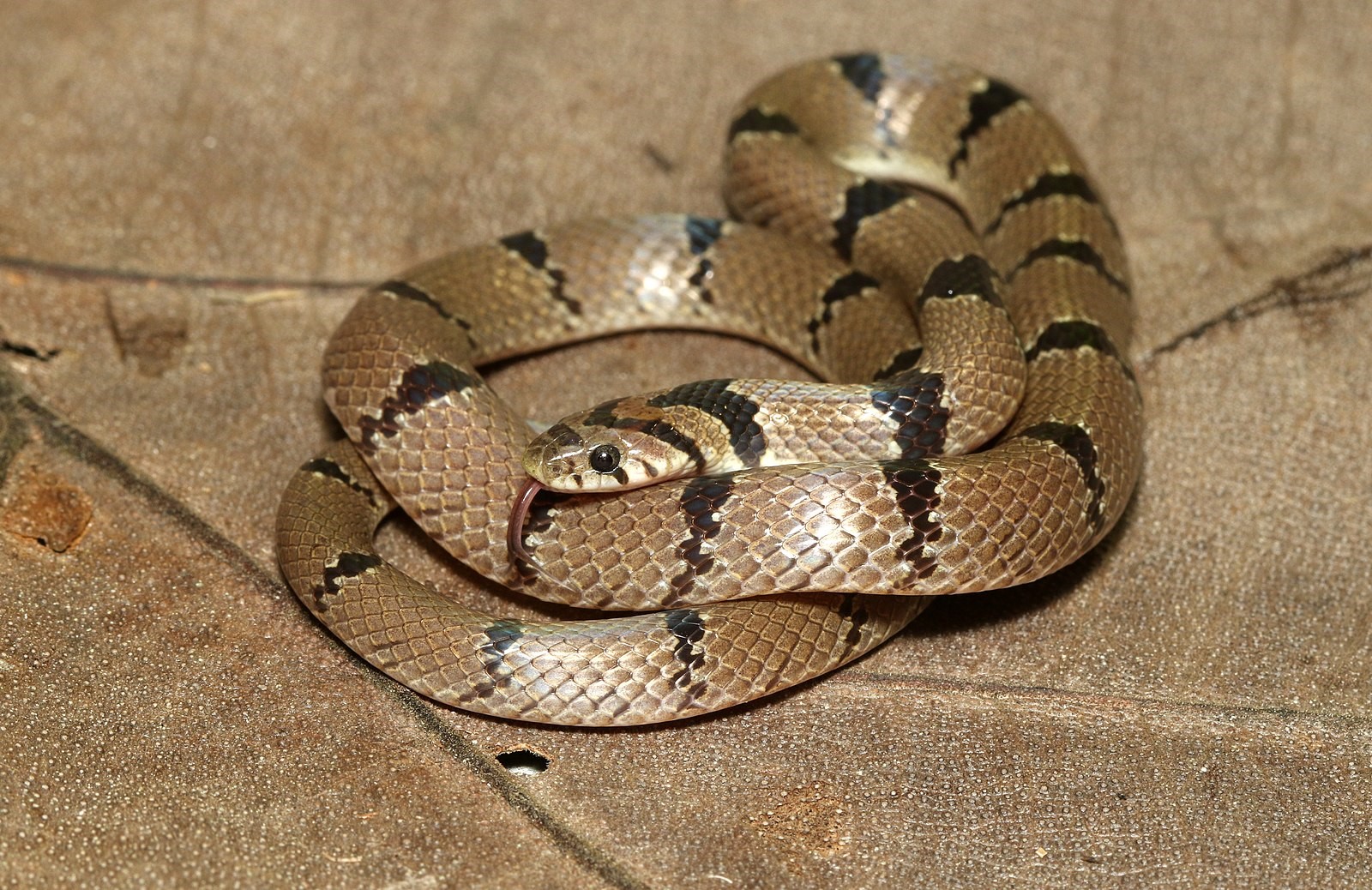When we think of machines, what comes into mind are often heat engines, electric motors and gears. These machines make use of complex rigid mechanical structures with movable parts to generate motions. Living things in nature, however, are made of soft materials and move in ways that are vastly different. For example, animals have muscles which can contract or relax to generate motions. Compared to most man-made machines, animals are much more flexible, adaptable and agile.
Inspired by living things, people have started to build soft machines based on materials that can contract, expand or rotate in response to an external stimulus. These materials are sometimes called artificial muscles as they imitate how muscles move.
The materials that I am investigating are ionic polymer-metal nanocomposites (IPMNCs), which are promising building blocks for soft machines. IPMNCs deform if we apply electricity to them, thus generating motion. The way it works is very interesting: the ions in the material migrates under the applied electric field and the collective motion of the ions results in bending of the material. In my research, I am going to make IPMNCs with optimised performance and integrate them into useful devices.
IPMNCs which are soft, flexible and biologically compatible are great materials for biomedical applications. For example, they can be made into cochlear implants which can snake their way into ears.
Soft machines with IPMNCs can be made very small. When the sizes of IPMNC structures are comparable to the wavelengths of light, the interaction of light and the material can be altered by the movement of the IPMNC structures. Hence, it is possible to make materials that change colour upon applied voltages. Another application is hyperspectral imaging, meaning taking images with spectral information at every pixel, which is useful for identifying objects. Due to their ability to generate small scale motions, IPMNCs can be made into tuneable colour filters to capture images for a range of wavelengths.
NanoDTC Student, c2019

